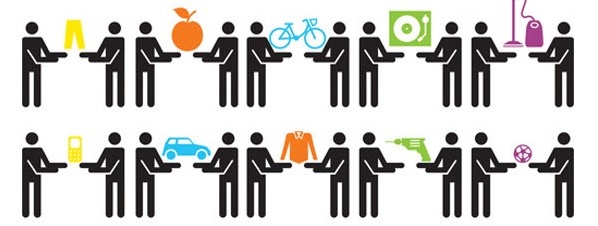The world’s population is fast approaching 7.5 billion and many people are still suffering from hunger and a lack of basic needs such as clothing, sanitation and housing.
I always reject the idea that the world’s resources are not enough to feed that many people. We are currently suffering purely from a misallocation of resources, rather than a lack of resources.
According to the UK government, 3,569 people slept rough on any one night in England in 2015. This number is over double that counted in 2010. In addition, 12,330 households applied to their local authority for homelessness assistance in 2014/15, a 26 per cent rise since 2009/10.
- How many houses in London alone are kept empty most of the year simply because their owners are using them only ten days a year on average?
According to an article published in The Guardian, in London alone there are generally 22,000 empty houses. There are thought to be 700,000 long-term empty houses in the UK.
The World Food Programme, the world’s largest humanitarian agency fighting hunger worldwide, estimates that 795 million people in the world do not have enough food to lead a healthy active lifestyle.
- How often do you see seeing people throwing away food?
The EU Commission reports that in the EU alone, around 88 million tonnes of food are wasted annually, with associated costs estimated at 143 billion euros.
Transportation is the main source of carbon emissions and we are not good at managing that, either. Business Insider reports that nearly 20 per cent of seats are empty on US flights. According to the same report, the figure is no better in China, Brazil or Japan.
The same challenge applies to cars.
- How often do you see a single person in a car in which five people can fit comfortably?
No offence to ladies, but this question especially goes to them:
- How many clothes/shoes do you have in your wardrobe that you haven’t worn for more than six months?
I am not a utopian and I understand that we cannot really achieve full efficiency and allocate 100 per cent of resources—but we can improve a lot.
And that’s where the sharing economy comes into effect.
Uber, AirBnb, Vestier Collective, Carousell, and BookCrossing are some of the sharing economies’ innovative and disruptive companies.
We have to start sharing our unused resources and there is a financial incentive for us to use them too, since you can make money out of your unused resources.
Interestingly, and maybe unsurprisingly, many governments around the world are against these disruptive companies even though the total benefit of using them is greater than the cost element for society.
If not voluntarily, through these companies we should promote the inclusion of idle resources for the common use of human beings.
My main worry for my life span and that of my child is another world war.
Since the inequality level is increasing to levels comparable with those of the world wars and masses are unable to meet their basic needs, this will create much bigger problems than we currently have unless we find an immediate solution.
We represent a very lucky portion of the world population that can travel, read and enjoy living. If you are not interested for other communities, you should start thinking of eliminating this misallocation of resources for your own sake.
All the best from Singapore.
Twitter: @sukru_haskan
Sukru Haskan
